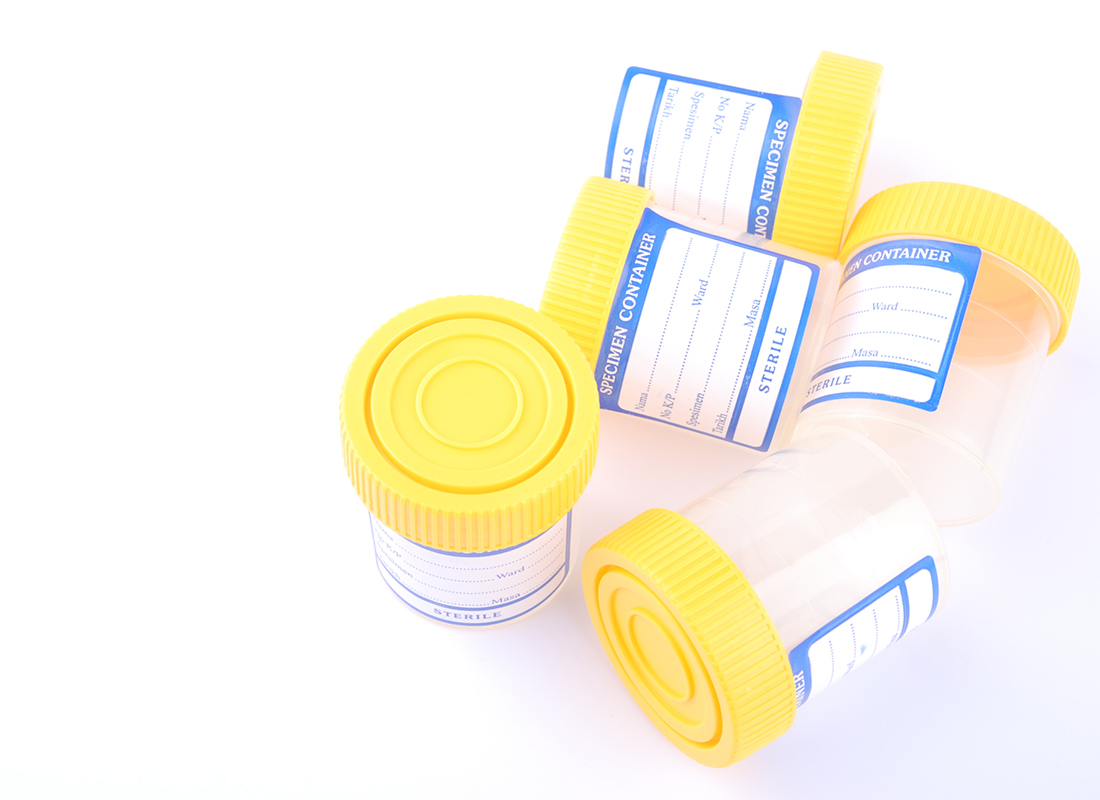Kentucky $1.74 Million Settlement Illustrates the Danger of Billing Medicare for Nonmedical Urine Drug Tests
A recent False Claims Act settlement from Kentucky represents an unusual variation on a common theme.

False billing of urine drug tests (UDTs) that fail to meet Medicare medical necessity coverage criteria has become a common theme in recent False Claims Act (FCA) enforcement.1 A newly announced FCA settlement from Kentucky represents an unusual variation on this theme. Here’s a quick briefing of the case and its practical significance to labs and other firms that provide UDT-related services to Medicare beneficiaries:2
The Kentucky UDTs False Claims Case
The case began when two individuals filed a qui tam lawsuit against a pair of Kentucky-based businesses for improperly billing UDTs performed on Medicare and Medicaid beneficiaries that were performed under the order of a court, rather than a physician or nonphysician practitioner (NP). According to the complaint, Lexington-based Blue Waters Assessment and Testing Services, LLC (BATS) collected specimens from individuals for UDTs required under their family court cases. BATS then sent the specimens to VerraLab JA, LLC, a clinical lab based in Louisville, KY, doing business under the name BioTap Medical (BioTap). BioTap performed the tests and billed them to Medicare and Kentucky Medicaid and in so doing, they violated the FCA.
Medicare Medical Necessity Coverage Criteria
As with other lab tests, Medicare reimburses providers only for UDTs that are “medically necessary,” that is, ordered by a physician or NP for the diagnosis and/or treatment of existing disease and injuries. Medicare doesn’t cover UDTs that are performed for nonmedical reasons. In this case, the UDTs were performed on individuals under the order of not a physician, but Kentucky family courts in Fayette County as part of their legal cases. By billing these nonmedical tests to Medicare and Kentucky Medicaid knowing that they didn’t meet medical necessity criteria, BioTap submitted false claims in violation of the FCA, according to the complaint.
The Settlement Agreement
The impetus to settle likely came when the federal government elected to intervene in the case. The defendants decided to settle the claims for a total of $1,740,620, of which BioTap will pay the lion’s share of $1,490,620. BATS and its owner, David Waters, will also pay $250,000 for their role in the scheme. Though BATS didn’t actually submit any of the false claims for UDTs, it allegedly violated the FCA by causing the submission of false claims. Meanwhile, the two whistleblowers who brought the original qui tam lawsuit to court will receive a share of approximately $295,000 of the recovery.
Takeaway
FCA cases alleging false billing of medically unnecessary UDTs happen often. A lab’s liability in a UDT false billing case often depends on whether there’s adequate and appropriate documentation in the medical record to support the medical necessity of the tests.3
One common pattern that has been the subject of a series of recent high-cost settlements against labs is routinely billing expensive UDTs that quantitatively confirm the results of relatively lower-reimbursing qualitative drug detection tests.1 Quantitative testing also identifies the specific drugs in the patient’s system. What gets labs into trouble is performing the confirmatory tests routinely and automatically, regardless of the results of the qualitative test.
The Kentucky settlement illustrates a different aspect of the UDTs medical necessity issue, namely nonmedical UDTs. While cases involving this issue are relatively rare, the use is anything but. UDTs are commonly used for purposes not related to the treatment or diagnosis of a patient, including on employees as part of an employer’s workplace drug testing program. For example, UDTs may be performed:
- On a for cause basis on employees who are involved in a workplace accident or where other reasonable cause to suspect drug use exists;
- On new employees before they’re hired for (or current employees before they’re reassigned to) safety-sensitive positions; and/or
- On a random basis on employees seeking to return to work from a leave of absence for drug use to verify that they’re completing their rehab program.
And, as in the Kentucky case, UDTs may also be ordered by a court as part of a legal case or proceeding. The takeaway of the BioTap/BATS settlement is that you’re not allowed to bill Medicare, Medicaid, or other federal health programs for such nonmedical UDTs and you face liability risks under the FCA if you do.
References:
- https://www.g2intelligence.com/false-billing-of-udts-remains-a-prime-target-for-enforcement/
- https://www.justice.gov/usao-edky/pr/drug-testing-companies-agree-collectively-pay-17-million-resolve-false-claims-act
- https://www.g2intelligence.com/documentation-is-key-medically-necessary-denials-may-have-nothing-to-do-with-patient-care/
Subscribe to view Essential
Start a Free Trial for immediate access to this article